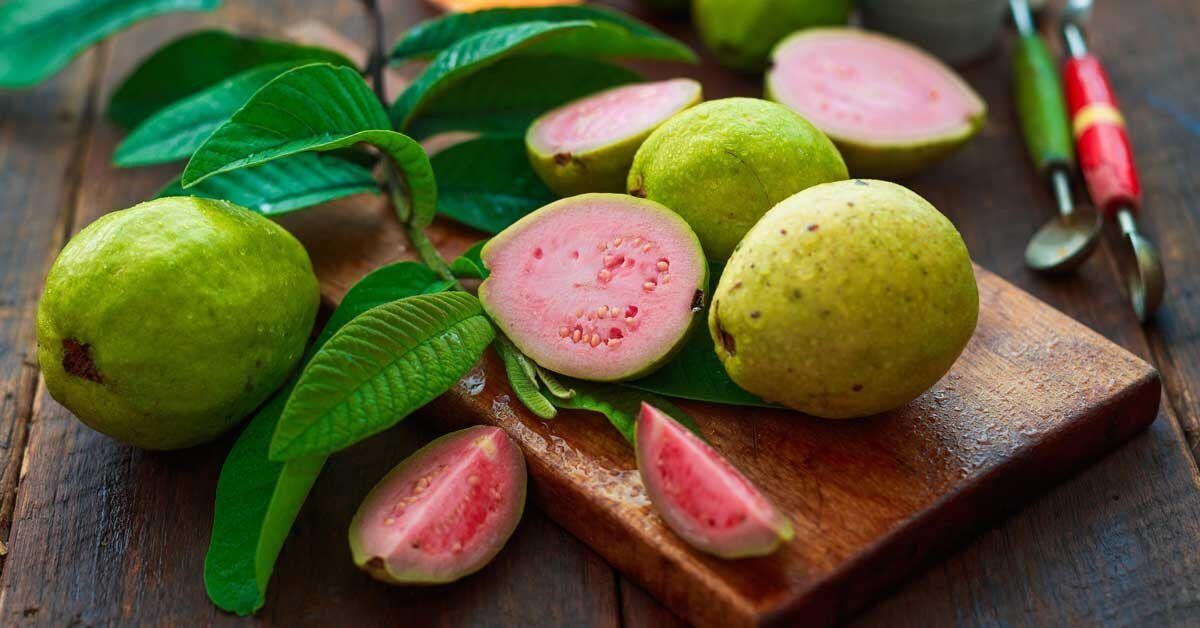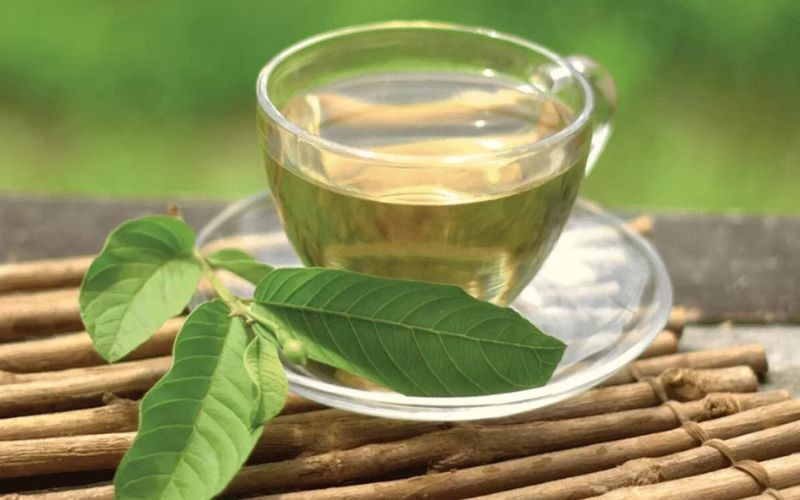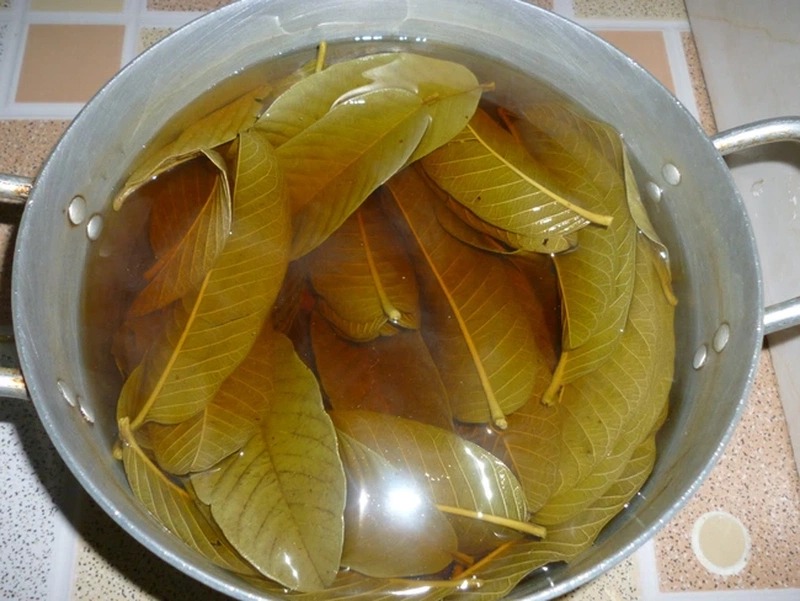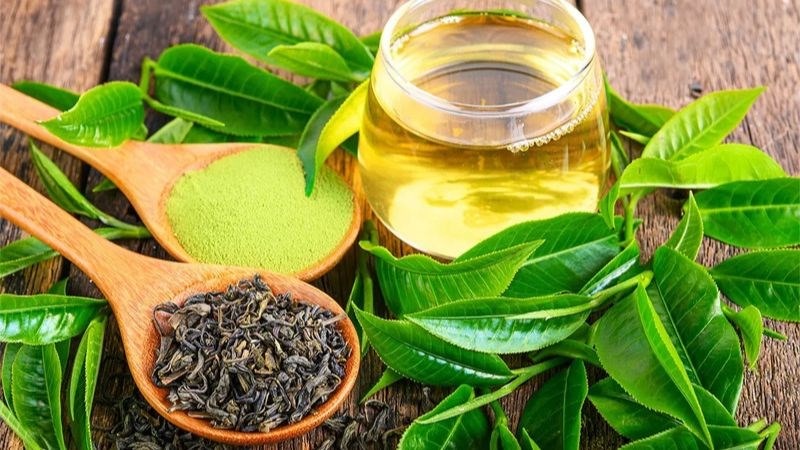As seniors seek natural ways to support their health, guava leaves are gaining attention for their potential benefits. From aiding digestion to promoting heart health, these leaves have been used in traditional remedies for centuries. This article explores the evidence-based benefits of guava leaves, safe ways to use them, and tips to incorporate them into your wellness routine after 50.
What Makes Guava Leaves Special?
Guava leaves come from the guava tree (Psidium guajava), a tropical plant native to Central and South America but now grown in warm regions of the U.S., like Florida and Hawaii. While guava fruit is well-known for its vitamin C content, the leaves are packed with antioxidants, flavonoids, and other compounds that may support health. According to WebMD, guava leaves have been studied for their anti-inflammatory and antimicrobial properties, making them a versatile option for natural wellness.
For seniors, who often look for gentle, natural ways to manage health concerns, guava leaves offer a promising addition to a balanced lifestyle. However, it’s important to understand their benefits and limitations to use them safely.

Key Health Benefits of Guava Leaves for Seniors
Research suggests guava leaves may offer several benefits that align with common health priorities for adults over 50. Here are four key areas where guava leaves show promise, based on studies from trusted sources:
-
Supporting Digestive Health: Guava leaves may help soothe digestive issues, such as diarrhea or bloating, which can become more common with age. A study published in the Journal of Ethnopharmacology found that guava leaf extracts have antibacterial properties that may reduce harmful gut bacteria, promoting a healthier digestive system.
-
Promoting Heart Health: The antioxidants in guava leaves, including quercetin, may support cardiovascular health by reducing oxidative stress. Harvard Health notes that antioxidants can help protect blood vessels, potentially lowering the risk of heart-related issues—a key concern for seniors.
-
Managing Blood Sugar Levels: For seniors managing diabetes or prediabetes, guava leaves may help regulate blood sugar. Research from the Journal of Clinical Biochemistry and Nutrition suggests that guava leaf tea may improve insulin sensitivity, though results vary by individual.
-
Easing Inflammation: Chronic inflammation can contribute to joint discomfort and other age-related concerns. The anti-inflammatory compounds in guava leaves may help reduce inflammation, according to a study in Phytotherapy Research, offering a natural way to support mobility.
While these benefits are encouraging, guava leaves are not a replacement for medical treatments. Always consult your doctor before adding them to your routine, especially if you take medications.
Safe Ways to Use Guava Leaves

Guava leaves can be used in several forms, but seniors should prioritize safe and practical methods. Here are three common ways to incorporate guava leaves into your wellness routine:
-
Guava Leaf Tea: The most popular option, guava leaf tea is made by steeping dried or fresh leaves in hot water. Boil 4–5 fresh leaves (or 1–2 teaspoons of dried leaves) in a cup of water for 5–10 minutes, strain, and sip. Limit to 1–2 cups daily to avoid potential side effects.
-
Topical Application: For skin irritation or minor wounds, guava leaf paste (made by crushing fresh leaves) may have antimicrobial benefits. Apply a small amount to the affected area, but test on a small patch of skin first to check for sensitivity.
-
Guava Leaf Extracts: Available in some health stores, these are concentrated forms of guava leaves. However, seniors should avoid extracts unless recommended by a healthcare provider, as they can interact with medications.
The Mayo Clinic emphasizes that natural remedies like guava leaves should be used cautiously, especially for seniors with chronic conditions or those on medications like blood thinners or diabetes drugs. Start with small amounts and monitor how your body responds.
How to Source and Prepare Guava Leaves

Finding and preparing guava leaves is straightforward, but quality matters. Here’s how seniors can safely source and use them:
-
Grow Your Own: If you live in a warm climate, consider planting a guava tree in your garden. It’s a low-maintenance option, and you’ll have fresh leaves year-round. Check with local nurseries for guava saplings.
-
Buy from Reputable Sources: Dried guava leaves are available online or at health food stores. Look for organic, pesticide-free options from trusted brands to ensure safety.
-
Harvest Safely: If using fresh leaves, pick young, green leaves from a healthy tree. Wash thoroughly under running water to remove dirt or contaminants.
-
Store Properly: Dried leaves can be stored in an airtight container in a cool, dark place for up to a year. Fresh leaves should be used within a few days or refrigerated for up to a week.
Avoid leaves from trees treated with pesticides or growing near roads, as they may contain harmful chemicals. When in doubt, consult a local gardening expert or extension service for guidance.
Precautions for Seniors Using Guava Leaves
While guava leaves offer potential benefits, they’re not without risks. Seniors should keep these precautions in mind to avoid complications:
-
Medication Interactions: Guava leaves may interact with medications for diabetes, blood pressure, or heart conditions. For example, their blood-sugar-lowering effects could amplify diabetes drugs, risking hypoglycemia.
-
Allergic Reactions: Though rare, some people may be sensitive to guava leaves. Stop use if you experience itching, rash, or stomach upset, and seek medical advice.
-
Moderation is Key: Overconsuming guava leaf tea (more than 2 cups daily) may cause digestive discomfort or lower blood pressure too much, per the CDC’s guidance on herbal remedies.
-
Avoid During Pregnancy: While not typically relevant for seniors, caregivers or family members should note that guava leaves may not be safe for pregnant women due to their uterine-stimulating effects.
To stay safe, discuss guava leaves with your doctor, especially if you have chronic conditions or take multiple medications. A healthcare provider can help you determine a safe dosage and monitor for side effects.
Comment below with your favorite way to use guava leaves or other natural remedies!
Incorporating Guava Leaves into a Healthy Lifestyle

Guava leaves are just one piece of the puzzle for senior wellness. To maximize their benefits, combine them with other healthy habits. The CDC recommends a balanced diet rich in fruits, vegetables, and whole grains to support digestion and heart health. Regular physical activity, like walking or yoga, can enhance mobility and reduce inflammation, complementing the effects of guava leaves. Staying hydrated and getting enough sleep also play a role in overall well-being.
For seniors, small changes can make a big difference. Try sipping guava leaf tea as part of a morning routine or using it to unwind in the evening. Pair it with a heart-healthy breakfast, like oatmeal with berries, to start your day on the right foot. By integrating guava leaves into a holistic approach, you can support your health naturally and sustainably.
Explore more health tips for seniors on our site to keep feeling your best!
Disclaimer
This article is for informational purposes only and does not substitute professional medical advice. Consult your doctor before making health changes.
